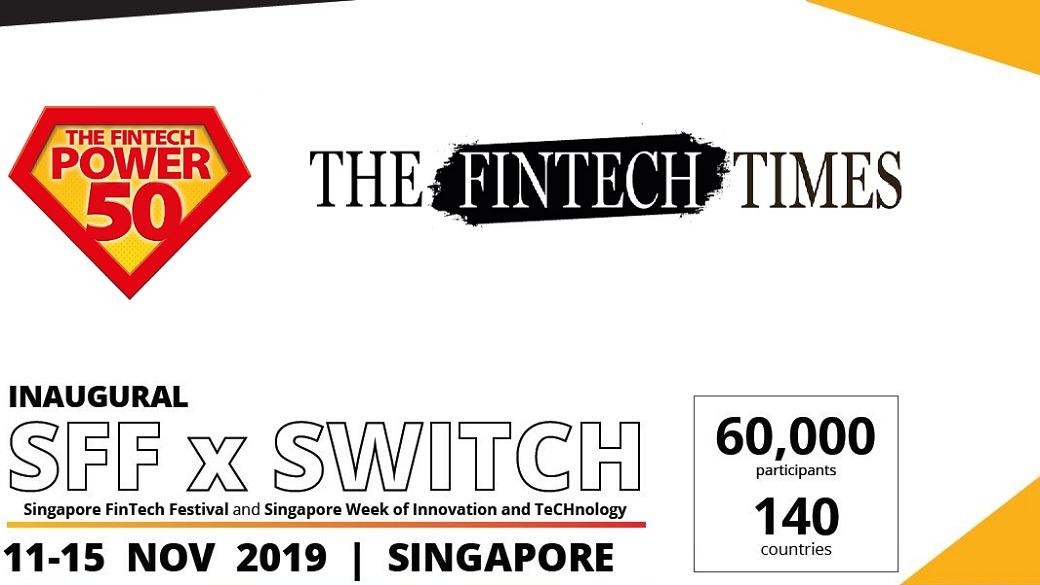Todd Clyde, CEO, shares how open banking will play a critical role during and after the Covid-19 crisis
Clearly these are worrying times for all and they will be exacerbated by economic uncertainty, potentially for a considerable amount of time post-coronavirus, affecting many individuals and businesses. First and foremost, our hearts go out to anyone who’s been impacted by the virus, either directly or indirectly. At this time of global concern, we carefully considered how we could help and benefit the people of the UK and Europe during these difficult times.
In the current climate, businesses and individuals are now going to be paying even closer attention to their cash flows. The UK government reacted quickly to reassure everyone that they will try to protect income by covering 80% of the wages of those who are furloughed. As a registered Crown Commercial Service supplier, we contacted the financial services department of the UK Government in late March to offer our services. We can reduce friction in the process by answering three basic questions:
- Is the potential beneficiary eligible?
- Is the correct person being paid?
- How will that person get their money?
Using Token’s open banking solutions, the government can obtain transaction history from an individual’s bank account over the last 3 years. Data is categorised to see “income” over that time and calculate what 80% of that looks like. Using the bank-registered customer name allows the Government to confirm the intended recipient is who they say they are and reconcile against data sets they already hold. Then, within minutes of the process starting, it’s possible to use Token to initiate the payment over the faster payments network to ensure that beneficiaries receive funds in the fastest possible time. This automation removes much of the manual intervention potentially needed within the Government to make the service manageable at a time when we’re all working remotely.
This solution clearly has a broader application for anyone looking to receive money from a third party, be it a charitable disbursement or a loan. In both situations you would want to have some certainty as to the identity of the beneficiary and a needs analysis, or (in the loan example) an ability to analyse capability to repay before you distribute the funds.
On a separate note, we will also deliver a Request to Pay Service aligned with Pay.UK standards. This is needed now more than ever for workers, such as those in the Gig economy, or individuals who don’t want to pay by Direct Debit where the alternative was cash. Request to Pay gives individuals and businesses a new way to communicate bill payment requests to their customers and allow them to pay remotely. It has the flexibility of cash but the automation advantages of a digital payment solution.
We are also removing all payment fees for charitable organisations who want to use our solution to receive donations. This doesn’t just apply to our existing customers but also any new ones that wish to join and we are proactively contacting those who could benefit e.g. The British Red Cross. We are in this together, and we are keen to do our bit to help the community recover normality as quickly as possible.
Expenditure is the second half of the equation and perhaps the most easily supported. Already today we are supporting a number of personal finance management (PFM) applications using open banking. As a business or an individual, these tools are a great way to understand what you are spending your money on, across all of your payment institutions. ‘Knowledge is power’ has never been truer and we want to empower people to use their data to help improve their financial position.
As a business, it is also vital that you are able to maximise the profit on any sale. You may therefore need an alternative to card payments as they can be very expensive, particularly If you process high value transactions or if the card schemes classify your sector as high-risk. With Open Banking, you can leverage instant account-to-account (A2A) payments that pay directly into your account and help improve liquidity. For some merchants, fraudulent chargebacks can also be a problem and may be an issue that we see on the rise. Some acquirers charge upwards of £25 per chargeback, a fee you can avoid by using A2A payments since chargebacks are a card scheme mechanism.
At Token, we firmly believe that open banking will be a positive force of change in the UK and European communities during and after this incredibly difficult time. We will continue to share more about how Token and the broader FinTech community are doing their part to get the economy back on its feet.
Please contact us if you have any additional questions about how Token is supporting our customers and employees during the coronavirus pandemic. Our Business and Covid-19 FAQs are also updated on a regular basis as we navigate rapidly changing circumstances. If you’re working to get a new project or programme live quickly, and want to leverage open banking payments and data experiences, our team can help.
Latest Articles

International Women’s Day 2021
International Women's Day 2021 To celebrate International Women's Day 2021, Barclays would like to invite you to join a series of panel discussions to be held virtually on: Monday, 8 March - 8:30am - 9:30 am EST / 1:30pm - 2:30pm GMT Thursday, 11 March - 4:00pm -...

Fintech investment builds on momentum and is set for record year
Fintech is continuing to enjoy popularity with investors who see it as a sector with excellent prospects for sustainable growth. The sector’s rise last year against a backdrop of great uncertainty has continued in 2021, with strong investment volumes gaining momentum....

Singapore Fintech Festival 2019
Singapore FinTech Festival 2019 summary of activities from the Fintech Power 50: Singapore FinTech Festival 2019 has proved another resounding success. Inaugural SFF x SWITCH sees over 60,000 participants from 140 countries; event to return on 9-13 November 2020....





